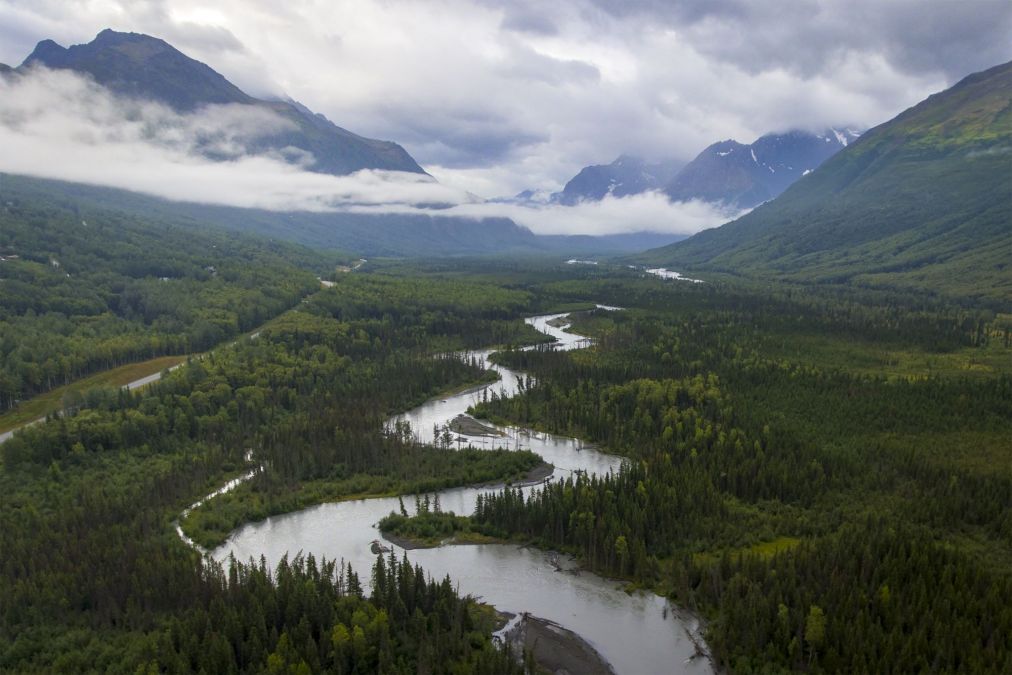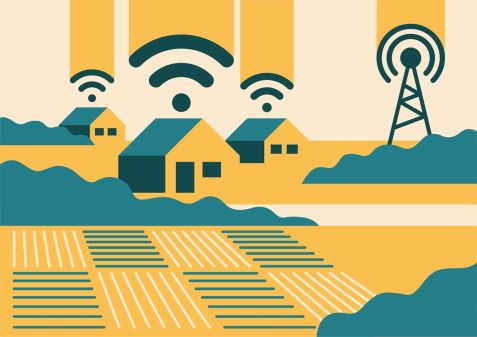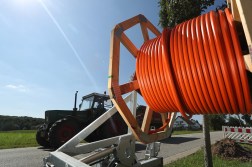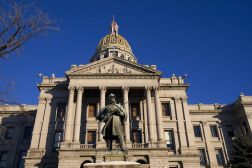Alaska creates broadband office for federal infrastructure funds

Alaska Gov. Mike Dunleavy on Tuesday signed legislation creating a statewide broadband office and a fund to cover the steep costs of connecting the state’s vast, rural landscape.
The new law, House Bill 363, follows on recommendations made by an advisory group last year that explored Alaska’s standing as the least-connected state in the country, according to most industry assessments. That task force, comprised of legislators, agency executives, rural officials and tribal leaders, told Dunleavy the state needed a standalone office to oversee broadband construction and manage federal grants, as well as a mechanism to make rural deployment more financially feasible.
“As someone who lived there for nearly 20 years, I well know the challenges of living in rural Alaska – high costs of living and everyday essentials, limited infrastructure, and oftentimes limited economic opportunities,” Dunleavy, a Pennsylvanian by birth who’s running for re-election this year, said in a press release.
Under the law signed Tuesday, Alaska’s new Office of Broadband will oversee a parity adjustment fund, a “repository of federal funds” designed to help residents in rural regions afford the premiums they’re charged for reliable internet service.
The office also sets up Alaska to accept funds under made available through last year’s federal infrastructure law. The $45 billion “Internet for All” program being administered by the National Telecommunications and Information Administration requires states to have a designated agency to receive and manage the funds.
Dunleavy’s administration estimated Alaska could receive about $1 billion from the NTIA program, complemented by broadband funds serving tribal nations and broadband grants distributed by other federal agencies, like the U.S. Department of Agriculture, which last month directed $116 million to the state.
Last year’s task force concluded that Alaska is “by almost any measure, the most challenging place to ensure the ubiquitous delivery of high-quality broadband services.” The bill Dunleavy signed Tuesday also established an ongoing advisory board to work with various groups and make future recommendations to the governor’s office.
That board will include the state commissioners of education and commerce, members of the state legislature, and representatives of Alaska’s local governments, K-12 schools, energy sector, health sector, tech industry, rural areas, tribal regions and the University of Alaska, among others.






